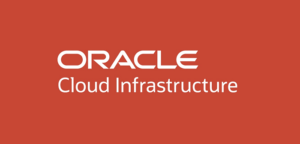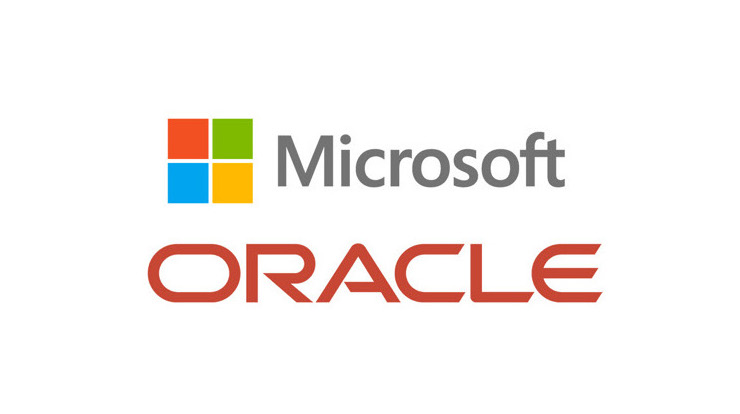Strengthening its partnership with Microsoft Corporation, Oracle has announced the general availability of its Autonomous Database on Microsoft Azure. Oracle will operate and manage the Oracle Autonomous Database Cloud Service, the second Oracle database service to run on Oracle Cloud Infrastructure (OCI) in Azure data centers.
The Oracle Autonomous Database is a fully managed and automated database-as-a-service that scales elastically and delivers fast query performance. It runs on Real Application Clusters on Exadata Cloud Infrastructure delivering high performance, availability, security, and scalability.
As the database is integrated with the Azure portal and APIs, it enables customers to accelerate application development and can help in migration from existing Oracle Databases to the cloud. Users can now easily migrate and run workloads between the two cloud services.
Another key benefit offered by the Oracle Autonomous Database is that it requires fewer resources, making it more accessible for businesses of all sizes. Small and mid-size companies can start with the lowest entry point that offers two ECPUs, or two cores of computing, capable of handling different types of data including vectorized data and tabular relational data. The service can scale up from two ECPUs to manage very large databases.
Initially, the Autonomous Database will be available on Microsoft Azure’s East U.S. region through the Oracle Database@Azure program and will expand into more data centers in 2024.
“96 percent of Fortune Global 100 companies and thousands of other leading global organizations rely upon Oracle databases to run their businesses,” said Karan Batta, senior vice president, Oracle Cloud Infrastructure. “Since launching Oracle Database@Azure, we’ve received incredible customer demand, which is why we responded with this strategic investment and are now offering the world’s first autonomous database to customers in Azure. With Oracle Autonomous Database, organizations can accelerate their data center exit plans and enable Azure developers to build solutions with ease.”
This announcement builds on a partnership that Oracle and Microsoft announced in December last year that saw Oracle Database@Azure become generally available. The goal was to deliver a robust, integrated solution to meet the strong multi-cloud demand across the globe.
The two tech giants have been collaborating to improve interoperability between their cloud offerings for nearly five years. The cloud computing landscape is highly competitive, with Amazon Web Services being the other major player in this space.
While each of these companies offers distinct advantages, the industry seems to moving towards greater openness and flexibility. The cloud has been a “walled garden” for many years, where the cloud service provider controls and restricts the user’s ability to access services and resources outside of the environment. The walled garden approach may be coming to an end, with organizations looking for unified or converged database capabilities that can scale up and down.
 With Autonomous Database running on OCI in Azure data centers, developers can benefit from improved performance, simplicity, and low latency. The database includes Oracle Application Express (APEX), a low-code development platform that can significantly accelerate development velocity.
With Autonomous Database running on OCI in Azure data centers, developers can benefit from improved performance, simplicity, and low latency. The database includes Oracle Application Express (APEX), a low-code development platform that can significantly accelerate development velocity.
The database also features a machine learning notebook interface, Oracle’s Data Studio data engineer tools, and easy access to data lakes with support for the Apache Iceberg open table format and the Delta Share open data sharing protocol. Other notable features include support for SQL series, JSON documents, graphs, geospatial, text, ML, and vector similarity search.
The Autonomous Database also offers built-in AI capabilities and a developer’s choice of large language models (LLMs) to further accelerate application innovation.
With the built-in Oracle AI Vector Search, users can enable RAG across their proprietary unstructured data in various formats. This enables developers to efficiently integrate vector data with other structured business data in a single SQL query.
The Autonomous Database pricing on Azure will be the same as on OCI. Customers who want to use Oracle Autonomous Database can do so through a “private offer” in the Microsoft Azure Marketplace.
Related Items
Multi-Database Shops Now the Norm, Redgate Says
Cockroach Labs Reveals Integration Struggles in Multi-Cloud Environments According to Latest Survey
MongoDB Expands Global Availability of MongoDB Atlas to 6 Additional Cloud Regions
Source link
lol


